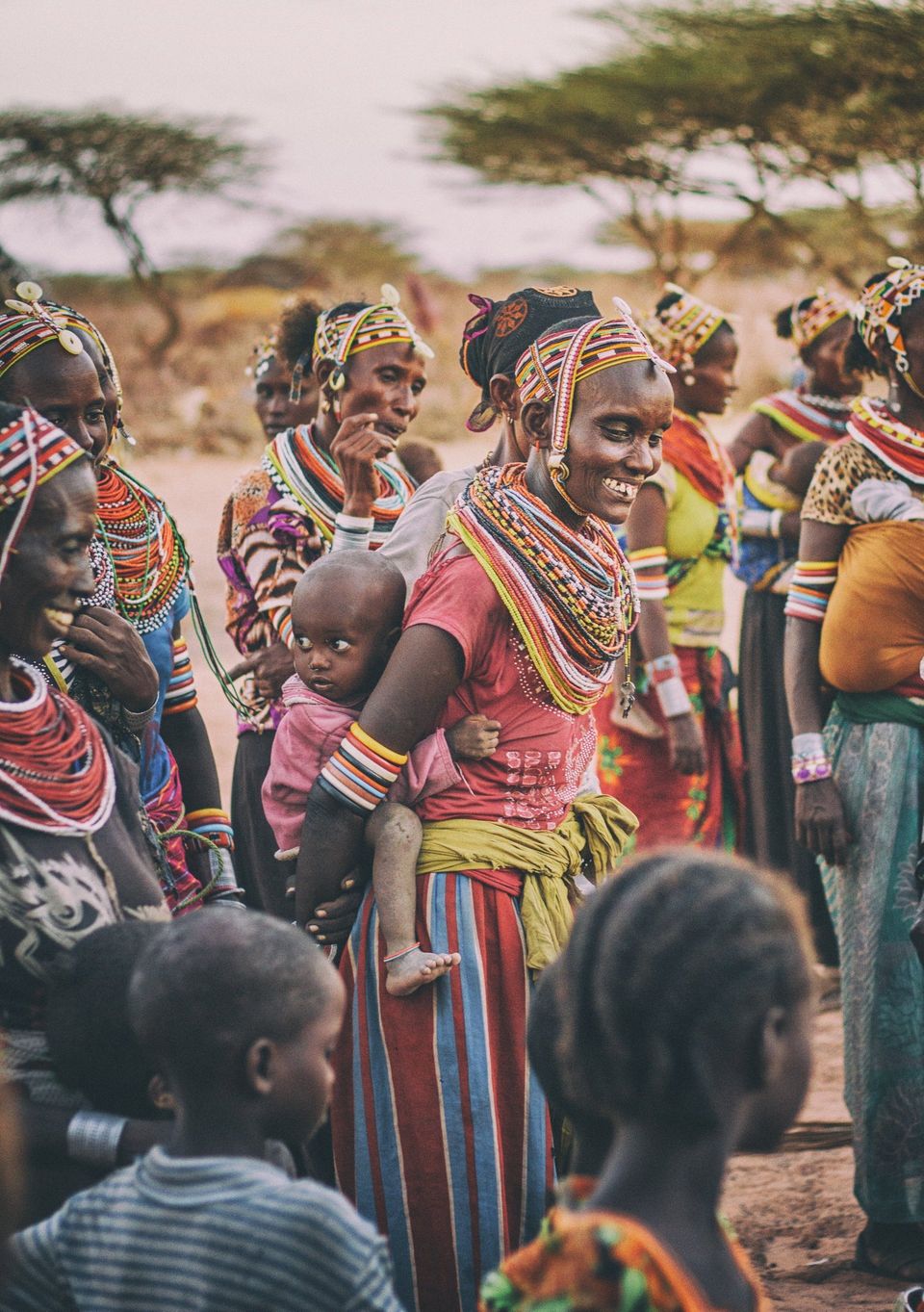We just don't realize it.
“Stories have to be told or they die, and when they die, we can't remember who we are or why we're here.”― Sue Monk Kidd, The Secret Life of Bees
Ah...storytelling, this old ritual that raptures children and adults alike.
Prior to Patrick Ngema Ndong's era, in the neighboring Republic of Congo, another legend had left his mark on the storytelling scene: George Embanda. His weekly TV show captivated adults and children the same, with true stories soaked in witty humor and presented with his signature tenor voice. His approach was more humoristic, easing his audience into the stories by lightening topics that not always but sometimes involved murder, larceny, or family issues.
Those are just two of the few well-known storytellers most people in my generation remember. I am sure there are many more that I just did not know due to lack of access.
Storytelling serves many purposes; it entertains, educates, and helps promulgate cultural traditions, norms and values. In west Africa, there were entire schools that trained a highly respected group of storytellers known as griots. These were people who, through their family lineage, were the chosen guardians of the tribe's history, as well as the genealogist, counselor, ambassador for the king. They were called Giots (pronounced GREE-YO). This role was most often attributed to males but some females had the opportunity to ascend to this title as well, though the female ones (called griottes and pronounced GREE-YUT) did not get as much recognition as their male counterparts.
The practice and belief of the goodness of storytelling was no different in African culture. Most adults born before 1990 (and very few, later) can testify that they had at least once been part of a mesmerized audience of children who had the chance to listen to an awe-inspiring storyteller who usually happened to be a family-member (mom, dad, uncle, or the most adored ones: grandpa or grandma).
This word-of-mouth tradition worked pretty well for many generations of Africans throughout its history. However, with colonization came a shift in priorities; much of the knowledge passed on through art and language started to wane as drastic lifestyle changes occurred and people were forced into new rituals and ways of doing things, including learning and adopt different languages. Written language became the norm and, although many African kingdoms already had written languages prior to colonization, it was mostly reserved for the educated class; and in modern days, few people see the value in writing down stories they once heard from their parents and grandparents. It has been a challenges, in the midst of changing economic models and cultural trends to hold on to an authentic African identity and to this day, many traditions struggle to keep their standing. Unfortunately, storytelling is one of those affected.
With the advancement of technology, traditional storytelling is becoming a practice on the verge of extinction, at least in the Motherland. As much as I love technology myself, there are big distraction and mere entertainment elements to it that, if not careful, can end up leaving us in a worst state of mind than we were when we first turned our devices on.
When was the last time your family gathered around the dinner/coffee table or just sat quietly to listen to a tale? If you cannot remember, it is time to get back to it. If you've actually never done so, it's not too late to start a new tradition.
Try it. Go home today and make some time to just sit, relax, and listen to the stories we have carefully crafted to calm your mind and transport you to new places where everything is possible.
Enjoy your trip to The Motherland.
“If history were taught in the form of stories, it would never be forgotten.”
―Rudyard Kipling, The Collected Works




